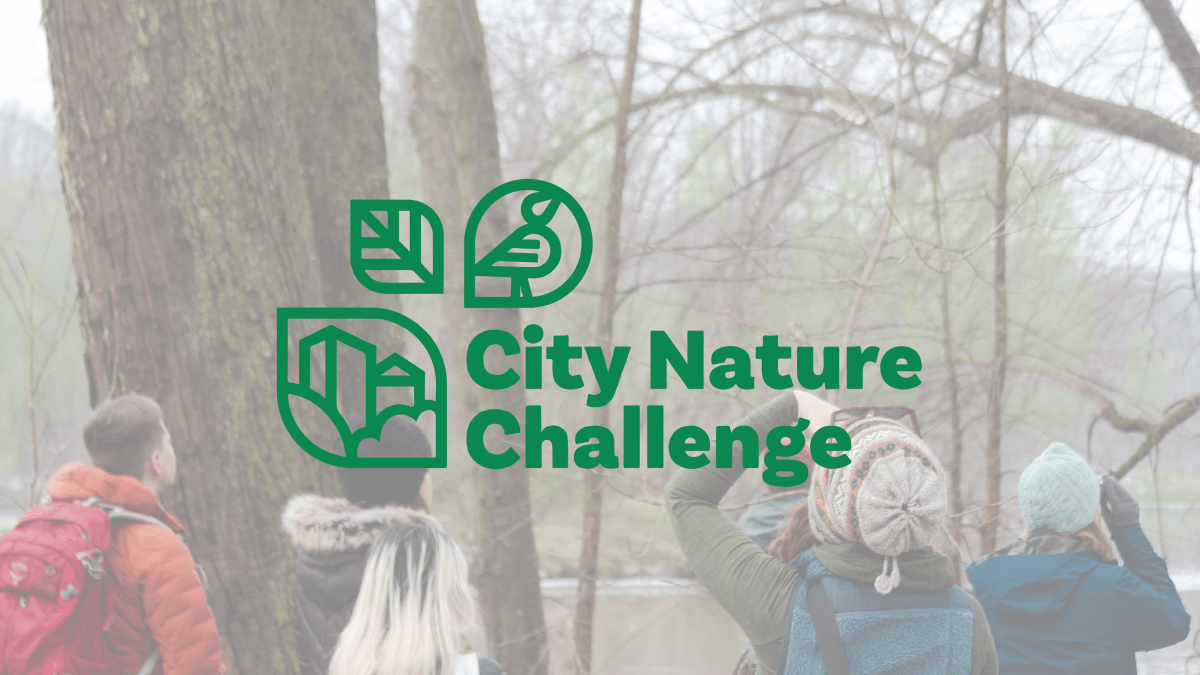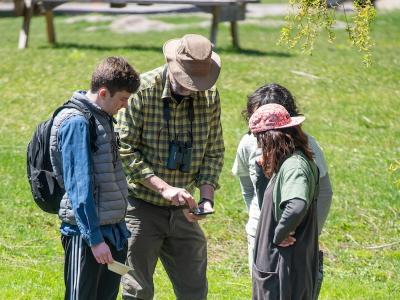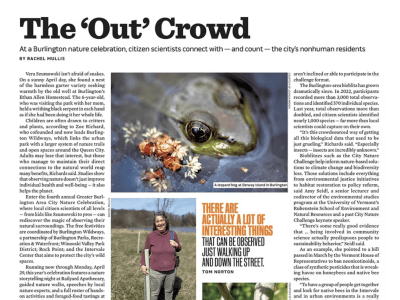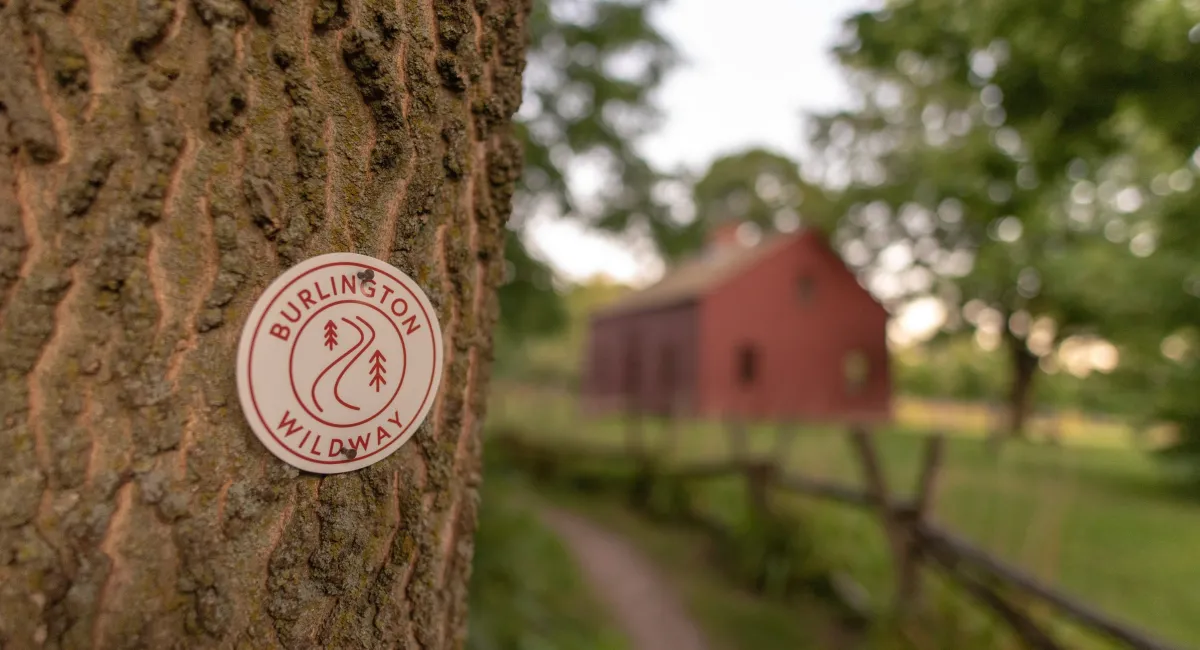
The Greater Burlington Bioblitz
Burlington · Colchester · South Burlington · Winooski
Our weekend of community science is part of a global event with hundreds of participating cities.
The City Nature Challenge (CNC) has grown into an international event, motivating people around the world to find and document wildlife in their own cities. Run by the Community Science teams at the California Academy of Sciences and the Natural History Museum of Los Angeles County (NHM), the CNC is an annual four-day global bioblitz at the end of April, where cities are in a collaboration-meets-friendly-competition to see what can be accomplished when we all work toward a common goal.

Join the fun and get outside!
Participation is easy and there are lots of resources to help get started.
- Download iNaturalist for iPhone or Android
- Check out our iNaturalist project
- Make observations of wild organisms using the iNaturalist app from 4/25-4/28
About the Challenge
The City Nature Challenge website has great information about participation in whichever city you're in.
FAQ
We want you give you answers to your questions! Check out this comprehensive FAQ page to answer your curiosities.
How to use iNaturalist
iNaturalist is tool for naturalists to use to document biodiversity, and make observations about the world around them. Simply capture photos of the organism that you'd like to identify and the iNaturalist algorithm will try to identify your observation. The community of naturalists will make suggestions and attempt to determine the species that you observed.
Getting Started
You'll want to learn how to use the app on iPhone or Android. You can also use the online web version if you'd like to capture images with a dedicated camera and/or work from a larger screen. You can also use these online pdfs for guidance: "how to use iNaturalist" and "iNaturalist guide".
How to make high quality observations on iNaturalist
You can take great quality observations on iNaturalist and here's how!
Firstly, for the purposes of the City Nature Challenge, we are looking for observations of WILD organisms.
Check out this helpful post from out in Oregon.
In short:
- Consider: camera focus, light exposure, proximity and viewpoint, and background.
- Take multiple photos! You can add a lot of photos to a single observation so take them from multiple angles, distances, show the surrounding context, other individuals if any, multiple plant parts (flower, leaf, bark, bud, etc).
- Scale. Include a ruler in the photo if you have one, or a standard size object like a coin.
- Additional: Learn what characteristics are key for the organism you are observing. Add notes to the observation description of other things that you notice. Mark an observation as "captive" if not a wild organism.
Looking to do more?
Our community observations are just the first step!
Once the City Nature Challenge has ended we enter a period of several days where the focus shifts to identifying observations that have been made.
Whether you're a taxonomy pro, love tree identification, or you just know the difference between a mourning cloak butterfly and an eastern comma, we can always use help getting closer to a species identification for observations made during the bioblitz.
Identify to the level that you feel comfortable! iNaturalist has levels of specificity with identification. For example, for an observation of a bee, you might choose a broad level of identification like "insects" or "bees", but you might also be more confident in your answer and choose something like the species level "bicolored striped sweat bee".
Many identifiers in the iNaturalist community have specializations. If you can help get an observation from "unknown" to "Class Mammalia: mammals" or "Order Hymenoptera: ants, bees, wasps, and sawflies", that might be enough for an expert to find it and identify it.
Join other projects
iNaturalist is a great place to get involved in community science beyond the City Nature Challenge. You can join a variety of projects from Pollinator Interactions on Plants to Phenology Tracking in New England - Trees and Shrubs and many more across the state, region, and beyond!
We recommend checking out other opportunities to help scientists answer key biodiversity questions by visiting the VT Center for Ecostudies projects page.

We have so much to celebrate in the Greater Burlington area and there's a lot to discover! Learn more about the importance and impact of the City Nature Challenge from this article in Seven Days.
